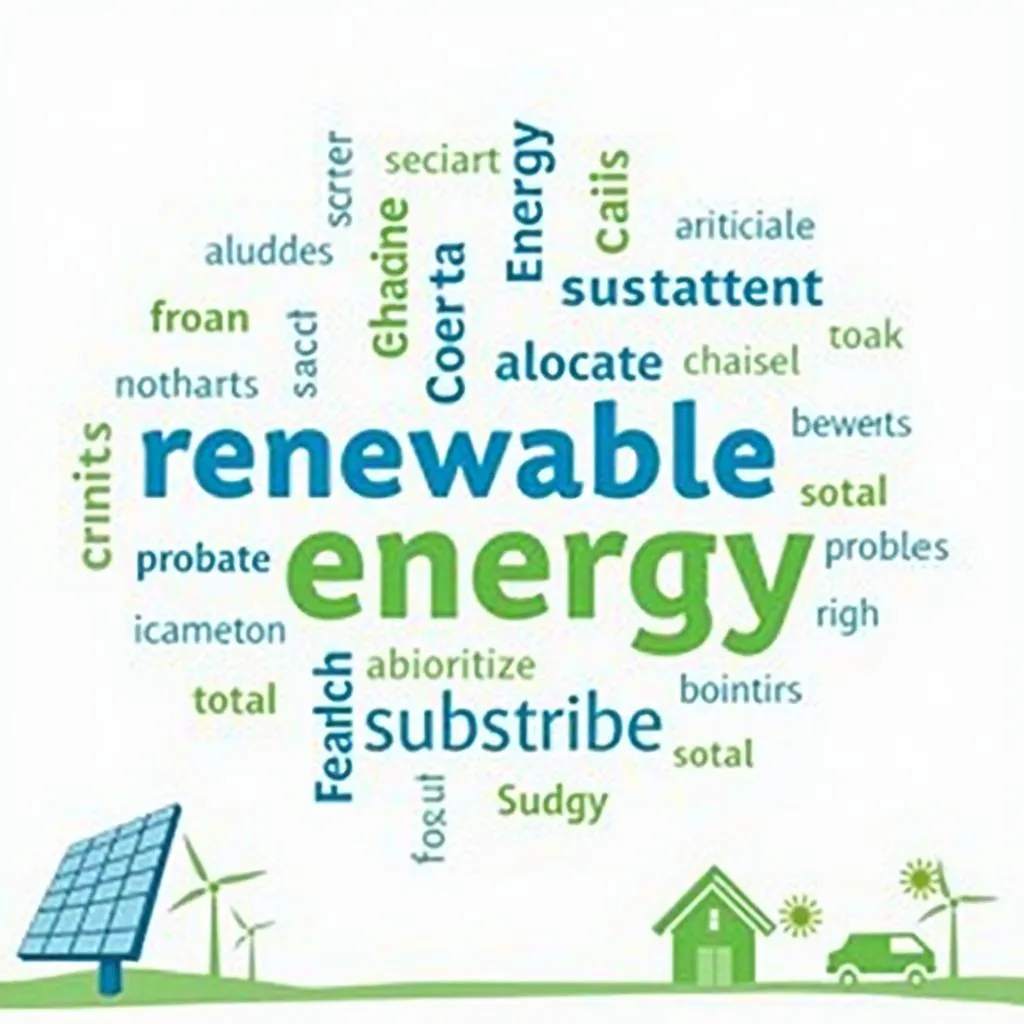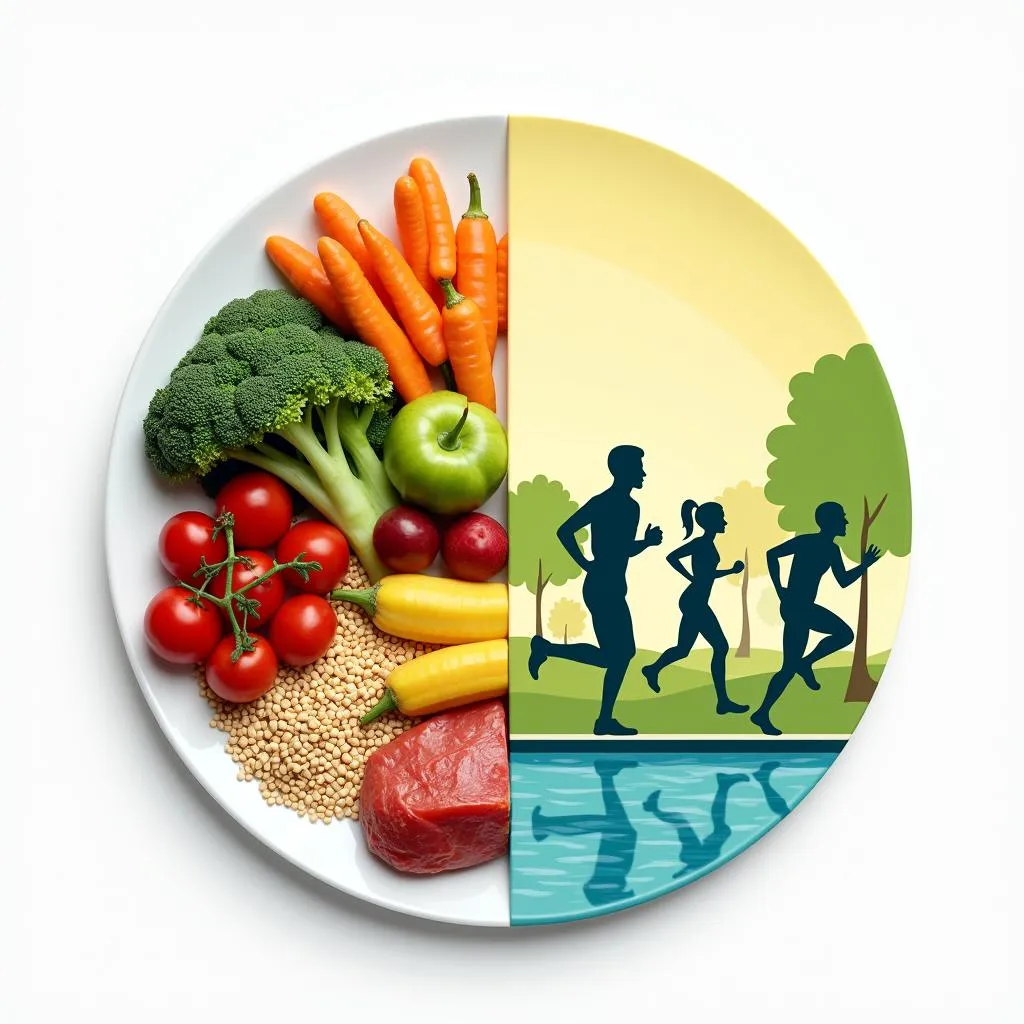Renewable energy subsidies have become an increasingly popular topic in IELTS Writing Task 2 essays. This subject has appeared multiple times in recent years, reflecting its growing importance in global discussions on environmental sustainability and economic policy. Given its relevance, candidates should be well-prepared to address this topic in future IELTS exams.
Nội dung bài viết
Let’s examine a specific question that has been featured in past IELTS tests and is likely to reappear in various forms:
Some people think that governments should provide financial assistance to help develop renewable energy sources. Others believe that this money would be better spent on other important areas such as healthcare and education. Discuss both views and give your own opinion.
Analyzing the Question
This question requires candidates to:
- Discuss arguments for government subsidies on renewable energy
- Present counterarguments favoring spending on healthcare and education
- Provide a personal opinion on the issue
The essay should be balanced, addressing both viewpoints before concluding with a well-supported personal stance.
Sample Essay 1 (Band 8)
Governments worldwide face the challenging decision of allocating limited resources among various crucial sectors. While some advocate for financial support towards renewable energy development, others argue that these funds should be directed towards essential services like healthcare and education. In my opinion, a balanced approach that prioritizes both renewable energy and traditional public services is the most beneficial strategy for long-term societal well-being.
Proponents of government subsidies for renewable energy sources argue that such investments are critical for addressing climate change and ensuring a sustainable future. By providing financial incentives, governments can accelerate the transition to clean energy technologies, reducing greenhouse gas emissions and mitigating the impacts of global warming. Moreover, this support can stimulate innovation in the renewable sector, potentially creating new jobs and fostering economic growth. For instance, countries like Germany have successfully boosted their solar and wind energy industries through targeted subsidies, positioning themselves as global leaders in green technology.
On the other hand, those who prioritize spending on healthcare and education contend that these sectors form the foundation of a strong society. Investing in healthcare ensures a healthier population, reducing long-term medical costs and improving overall quality of life. Similarly, funding education equips citizens with the knowledge and skills necessary for personal and national development. Countries like Finland, which consistently ranks high in global education indices, demonstrate the profound impact of prioritizing educational investments.
In my view, the most effective approach is to strike a balance between these competing priorities. Governments should allocate resources to both renewable energy and essential public services, recognizing their interconnected nature in building a sustainable and prosperous society. By investing in renewable energy, countries can create healthier environments that indirectly benefit public health. Simultaneously, robust healthcare and education systems can produce the skilled workforce needed to drive innovation in clean energy technologies.
In conclusion, while the debate between funding renewable energy and traditional public services is complex, I believe that a nuanced strategy addressing both areas is crucial. Governments should seek synergies between these sectors, ensuring that investments in renewable energy complement rather than compete with essential services. This balanced approach will pave the way for a more sustainable, healthy, and educated society capable of tackling future challenges.
(Word count: 365)
 Renewable Energy Subsidies vs Public Services Dilemma
Renewable Energy Subsidies vs Public Services Dilemma
Explanation of Band 8 Score
This essay demonstrates the characteristics of a Band 8 response:
-
Task Achievement: The essay fully addresses all parts of the task, discussing both viewpoints and providing a clear personal opinion.
-
Coherence and Cohesion: Ideas are logically organized with clear progression throughout. Paragraphs are well-linked, and cohesive devices are used effectively.
-
Lexical Resource: A wide range of vocabulary is used accurately and appropriately. For example, “allocating limited resources,” “mitigating the impacts,” and “fostering economic growth.”
-
Grammatical Range and Accuracy: The essay uses a variety of complex structures accurately. Errors are rare and do not impede communication.
-
Development of Ideas: Each main point is well-developed with relevant examples and explanations, such as referencing Germany’s success in renewable energy and Finland’s educational achievements.
Sample Essay 2 (Band 6-7)
These days, there is a debate about whether governments should give money to support renewable energy or spend it on other important areas like healthcare and education. Both sides have good points, and I will discuss them before giving my opinion.
On one hand, people who support giving money to renewable energy say it’s important for the environment. If governments help companies develop things like solar and wind power, it can reduce pollution and fight climate change. This could also create new jobs in the green energy sector, which is good for the economy. For example, some countries have already seen benefits from investing in renewable energy technologies.
However, others believe that money should go to healthcare and education instead. They argue that these are basic needs for all people. Better healthcare means people can live longer and healthier lives, while good education helps people get better jobs and improve their lives. Many think that without strong healthcare and education systems, a country cannot develop properly.
In my opinion, I think both areas are important, but if I had to choose, I would say healthcare and education should come first. While renewable energy is crucial for the future, people need to be healthy and educated to solve environmental problems. Maybe governments could find ways to support both, like teaching about renewable energy in schools or using clean energy in hospitals.
To conclude, although renewable energy is very important, I believe that spending on healthcare and education should be the priority. However, the best solution might be to find a way to support all these areas together for the benefit of society.
(Word count: 279)
Explanation of Band 6-7 Score
This essay demonstrates characteristics of a Band 6-7 response:
-
Task Achievement: The essay addresses all parts of the task, but the treatment of the two views and the writer’s opinion could be more fully developed.
-
Coherence and Cohesion: There is a clear overall progression, but the use of cohesive devices is sometimes inaccurate or mechanical (e.g., “On one hand,” “However”).
-
Lexical Resource: There is a sufficient range of vocabulary, but some repetition occurs. The language is sometimes imprecise (e.g., “good points” instead of more sophisticated alternatives).
-
Grammatical Range and Accuracy: A mix of simple and complex sentence forms is used, with generally good control, though errors occur when more complex structures are attempted.
-
Development of Ideas: Main ideas are present but could be more fully extended. Examples are given but are not as specific or well-developed as in the Band 8 essay.
Key Vocabulary to Remember
- Renewable energy (noun) – /rɪˈnjuːəbəl ˈenədʒi/ – energy from a source that is not depleted when used
- Subsidize (verb) – /ˈsʌbsɪdaɪz/ – support financially
- Allocate (verb) – /ˈæləkeɪt/ – distribute for a particular purpose
- Prioritize (verb) – /praɪˈɒrətaɪz/ – determine the order for dealing with a series of items or tasks according to their relative importance
- Mitigate (verb) – /ˈmɪtɪɡeɪt/ – make less severe, serious, or painful
- Sustainable (adjective) – /səˈsteɪnəbəl/ – able to be maintained at a certain rate or level
- Innovation (noun) – /ˌɪnəˈveɪʃən/ – a new method, idea, product, etc.
- Infrastructure (noun) – /ˈɪnfrəstrʌktʃə/ – the basic physical and organizational structures and facilities needed for the operation of a society or enterprise
- Transition (noun) – /trænˈzɪʃən/ – the process or a period of changing from one state or condition to another
- Synergy (noun) – /ˈsɪnədʒi/ – the interaction or cooperation of two or more organizations, substances, or other agents to produce a combined effect greater than the sum of their separate effects
 Key Vocabulary for Renewable Energy Essays
Key Vocabulary for Renewable Energy Essays
Conclusion
The topic of government subsidies for renewable energy is likely to remain relevant in future IELTS Writing Task 2 exams. To prepare effectively, practice writing essays on related themes such as:
- The role of government in promoting green technologies
- Balancing economic growth with environmental protection
- The impact of renewable energy on job markets and local economies
- Public opinion on climate change policies and renewable energy initiatives
Remember to structure your essays clearly, use a range of vocabulary and grammatical structures, and support your arguments with relevant examples. We encourage you to practice writing an essay on this topic and share it in the comments section for feedback and discussion. This active approach to learning can significantly improve your IELTS Writing skills.


